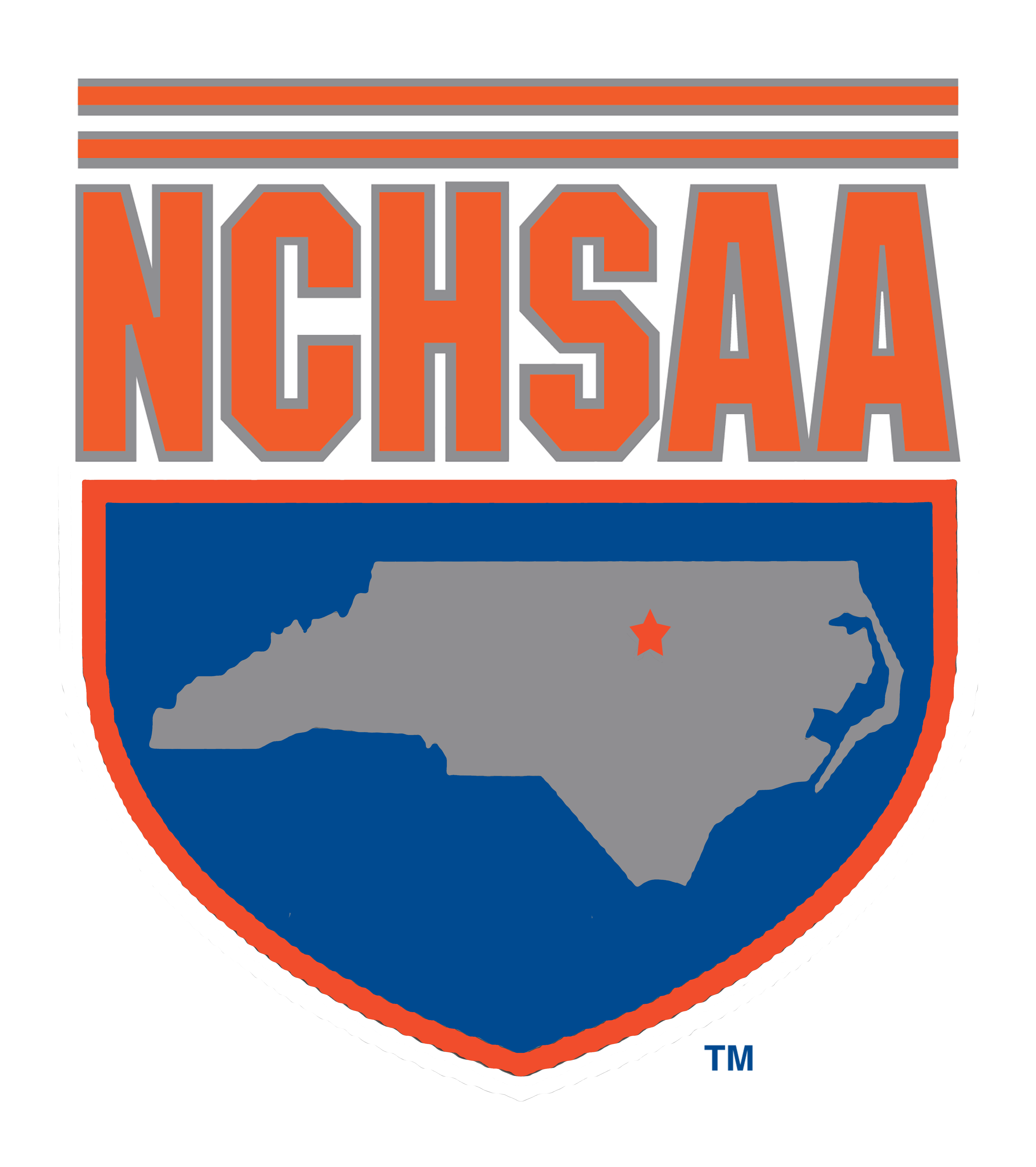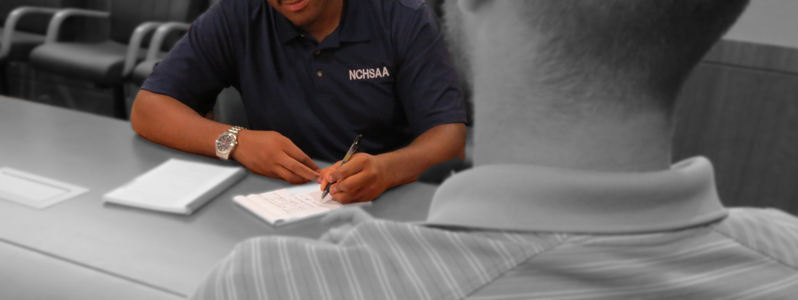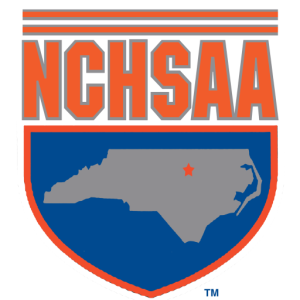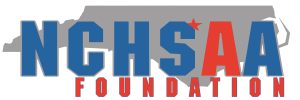Mark Dreibelbis, a native of Charlotte, is the supervisor of officials and associate commissioner of the North Carolina High School Athletic Association. He came to the NCHSAA in January of 2005 from Appalachian State University, where he had been the associate director of athletics. In addition to his work with the officiating program, Mark is in charge of the Student Services program and has served on a number of National Federation of State High School Associations (NFHS) rules committees.
He has also been honored by the National Federation as the National Coach Educator of the Year.
Mark is a native of Charlotte, graduated from South Mecklenburg High School and is a 1977 graduate of Appalachian State University. He has been an outstanding game official in several sports at both the high school and college levels.
What are a couple of the major rule changes that people may notice this year while watching high school football?
Targeting (hits above the shoulder) and spearing (leading with the helmet at the shoulders or below) continue to be safety and welfare points of emphasis. We will continue to teach and enforce the “lower the strike zone” interpretation regarding high hits and taking the helmet out of the leading point of contact on all hits/tackles/blocks.
Correcting a down – the referee now has the authority to correct the number of the next down prior to the ball becoming alive after a new series of downs is awarded. What this basically means is if there is a misapplication of a penalty enforcement and/or not awarding the correct number of downs, even if the ball was given to the other team, before the ball is snapped the Referee can re-set the chains (line-to-gain markers), award the appropriate down and give the ball to the appropriate team. The rationale is to be able to fix an administrative mistake which previously could not be addressed once the ball was marked “ready for play.”
Dead-ball penalty enforcement – dead ball and unsporting fouls will now cancel if equal numbers of penalty infractions have occurred for each opponent. Let’s say we have a late hit out of bounds by Team A and a subsequent dead-ball unsporting action by Team B. These fouls would now cancel. But, in the above example, if two (2) Team B players committed unsporting fouls after the late hit, one penalty from Team A would cancel one penalty from Team B, but the additional unsporting foul by Team B would be assessed (15-yard penalty).
Let’s say that the reader of this Four Questions feature wants to become a football official. Describe that process and some of the steps that it takes.
It takes a commitment of time and a passion for the game. We require a minimum of six pre-season clinics that usually last two hours each. An official must attend a local association meeting (policies and regulations), a State Rules Clinic, work three scrimmages, and pass the annual NFHS written exam. And, you have to buy your uniform which is a costly venture (minimum of $350-$400). Regional supervisors assign games, and we require a 2-year minimum at levels below high school officiating to be eligible for NCHSAA contests.
A typical official will begin working some junior varsity assignments by the third year and based on proficiency and development, and work into full varsity level assignments in future years. Great thing is, if you can remain committed for your first few years, the pride and fun of being an official makes it such a rewarding cause. You are an integral part of interscholastic competition and an ambassador for education-based athletics.
What are some of the teaching and training techniques that football officials can avail themselves of to help them be better on the field? You have really been an advocate for officials education and training.
We have made a commitment to video review that has been facilitated by our football coaches across the state. The coaches send their game tapes to central hubs each week, and we then disseminate those game tapes to the officials who worked the contest. We are a national leader in this area and our officials know that they will be able to watch themselves on video, many times by the time they arrive home after the game they just worked! This leads to not only personal review and application, but also mid-season and ongoing clinic review/discussion/evaluation.
Our regional supervisors also review these weekly game tapes, create highlight videos for all of their association’s officials, and send to their entire roster. We utilize the collection of these plays and create an overall video review presentation for all officials statewide. Video is the greatest teacher and is specific in being able to review, critique and evaluate officials on effort, positioning, mechanics and overall judgment.
It has helped us improve annually and work towards our motto, “Strive for perfection…accept excellence!”
What is the most difficult or most challenging situation you’ve had to deal with in the sport of football as the supervisor of officials?
Disappointment in the misapplication and administration of a game rule that has had a direct outcome on the game. It is very difficult to acknowledge a mistake and deal with the emotion of disappointment to the offended team. We must be honest in our investigation and subsequent reality that a mistake was made. We will utilize that as a “teachable moment” and share these situations statewide with our officials to hopefully avoid like occurrences in the future. But if you follow sports, officiating situations and plays are highlighted at all levels. You know you will be constantly in the public eye when you enter into this craft.
Officiating sports is not easy. That is why I appreciate and admire our men and women who are willing to sacrifice family time and endure second-guessing/verbal input from many entities. I admire those officials who don’t work for the sake of a game payment, but work with the commitment that positively reflects the effort and professionalism required to effectively work the contest. We understand their efforts may not be appreciated by everyone, but their officiating partners know the value of their dedication and service. Our coaches are vitally important to this professionalism, and when they notice the effort and acknowledge the work of an official(s), then we know we are fulfilling our ultimate responsibility…service and performance to our member schools and the athletic programs they sponsor.



